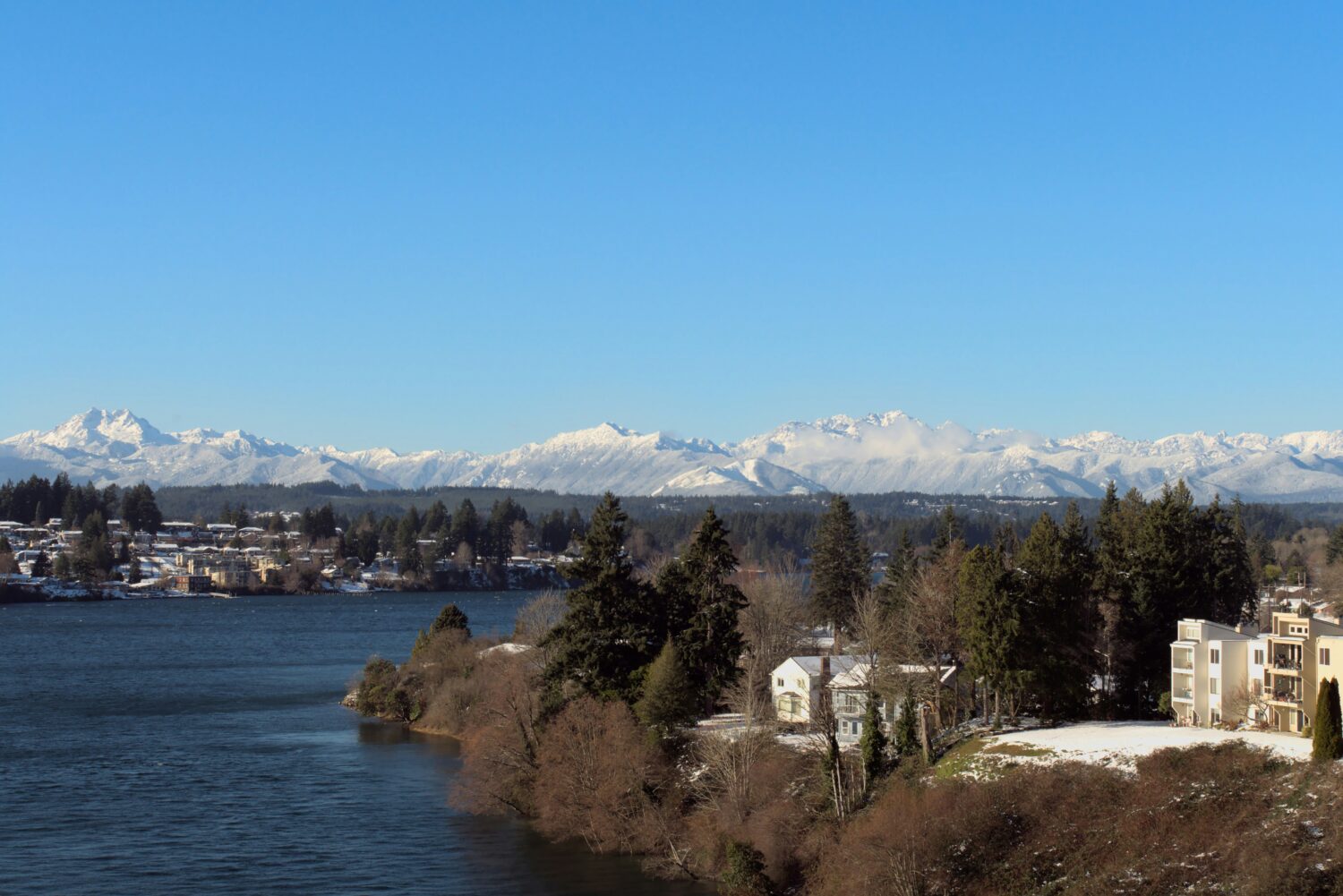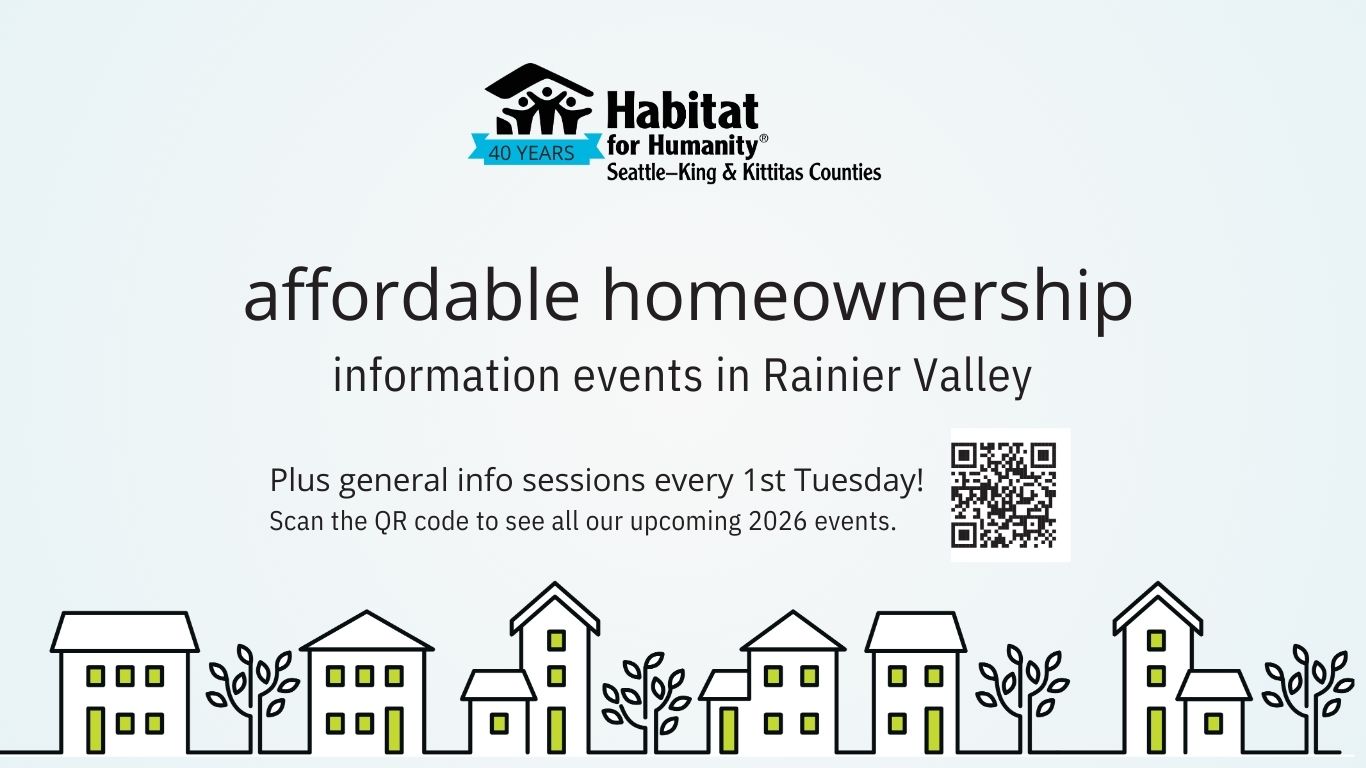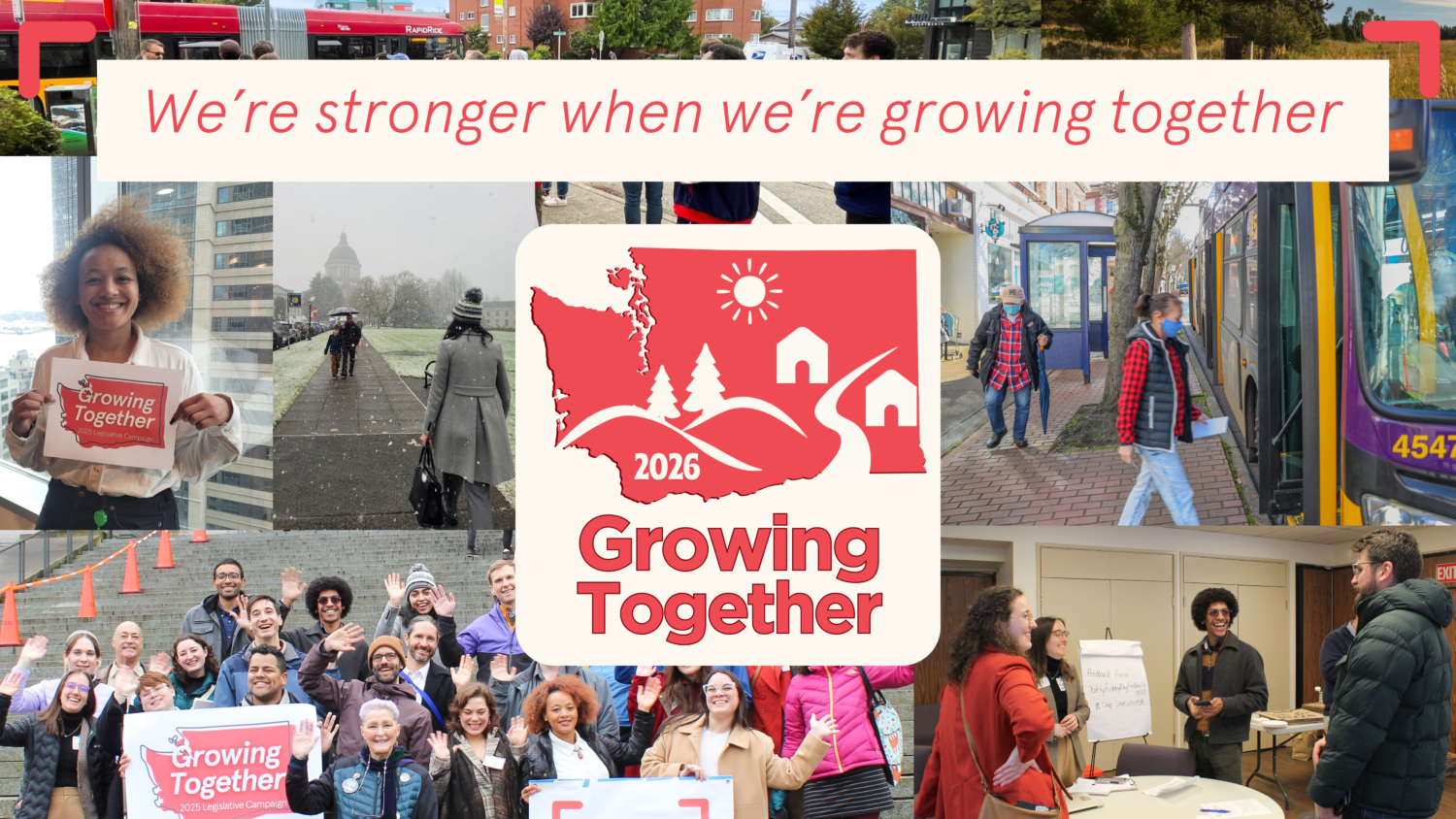Futurewise Appeals Kitsap County and Clyde Hill
Last December was the first deadline for comprehensive plan updates in the Central Puget Sound region (that means the counties of King, Pierce, Snohomish and Kitsap, and all of the cities located within those counties). These updates are the first to comply with new state planning requirements, particularly HB 1220, an update to the Growth Management Act housing element.
We’re pleased to see a lot of excellent local leadership with these updates, but as ever, there are a few plans that fall short. In January, we announced our appeal of the Mercer Island comprehensive plan (read more about that appeal here). This month we’re announcing two new appeals of the 2024 comp plan update cycle: Kitsap County and the city of Clyde Hill. Our appeals aim to ensure growth in Washington truly serves all residents while protecting our valuable natural resources, and to ensure jurisdictions meet their legal obligations to provide diverse housing options for residents of all income levels. Read more for the details of the appeals and stay tuned for updates.
Kitsap County:
Our legal team filed Petition for Review of Kitsap County’s 2024 Comprehensive Plan Update due to several critical shortcomings. The plan fails to provide sufficient land for affordable housing, with a documented deficit of over 1,100 housing units for families earning 80% or less of the area median income (AMI). Additionally, the plan expands urban growth areas (UGAs) by 575 acres, contradicting VISION 2050 regional growth strategies, and lacks effective policies to reduce rural growth rates. The Regional Growth Strategy adopted a rural population growth target of 8% of the county’s total population growth or 8,000 people for Kitsap County. On a percentage basis, this is the highest rural growth population growth target of the four Central Puget County counties, yet evidence shows that from 2013 through 2019, 29% of the county’s population growth occurred in the rural area. The plan also inadequately addresses wildfire risks, the quantity and quality of groundwater, and the proper designation of agricultural lands of long-term commercial significance.
Clyde Hill:
The legal team also filed a Petition for Review with the GMHB of Clyde Hill’s 2024 Comprehensive Plan Update due to significant compliance issues with the Growth Management Act. The plan fails to identify sufficient capacity of land for its allocated housing targets. Despite being required by state law to conduct a comprehensive land capacity analysis for all housing types, Clyde Hill’s analysis is incomplete and inadequate. The city has not created adequate capacity for housing affordable to families earning below 50% of area median income and incorrectly assumes accessory dwelling units will serve lower-income households in this high-cost area. Critically, the city did not analyze the capacity for emergency housing, emergency shelters, and permanent supportive housing (STEP housing). Additionally, the comprehensive plan violates fails to adequate document gaps in local funding for affordable housing. Without identifying these funding gaps, Clyde Hill cannot make “adequate provisions for existing and projected needs of all economic segments of the community” as required by law. The plan also maintains a “primarily single-family” vision that conflicts with housing diversity requirements and uses weak, non-committal language like “consider” and “explore” rather than concrete action steps.


